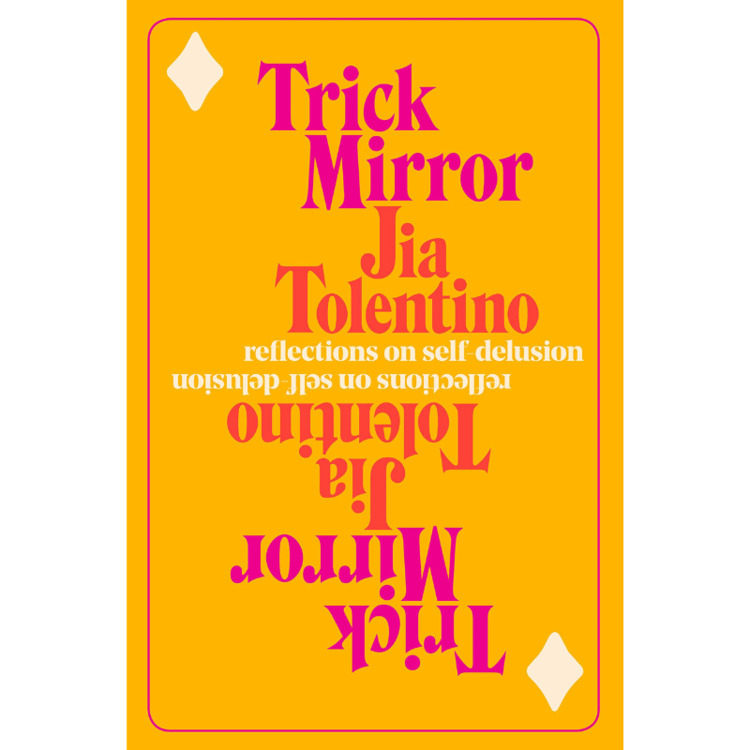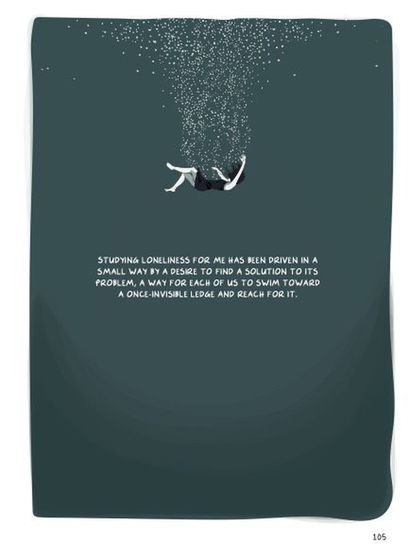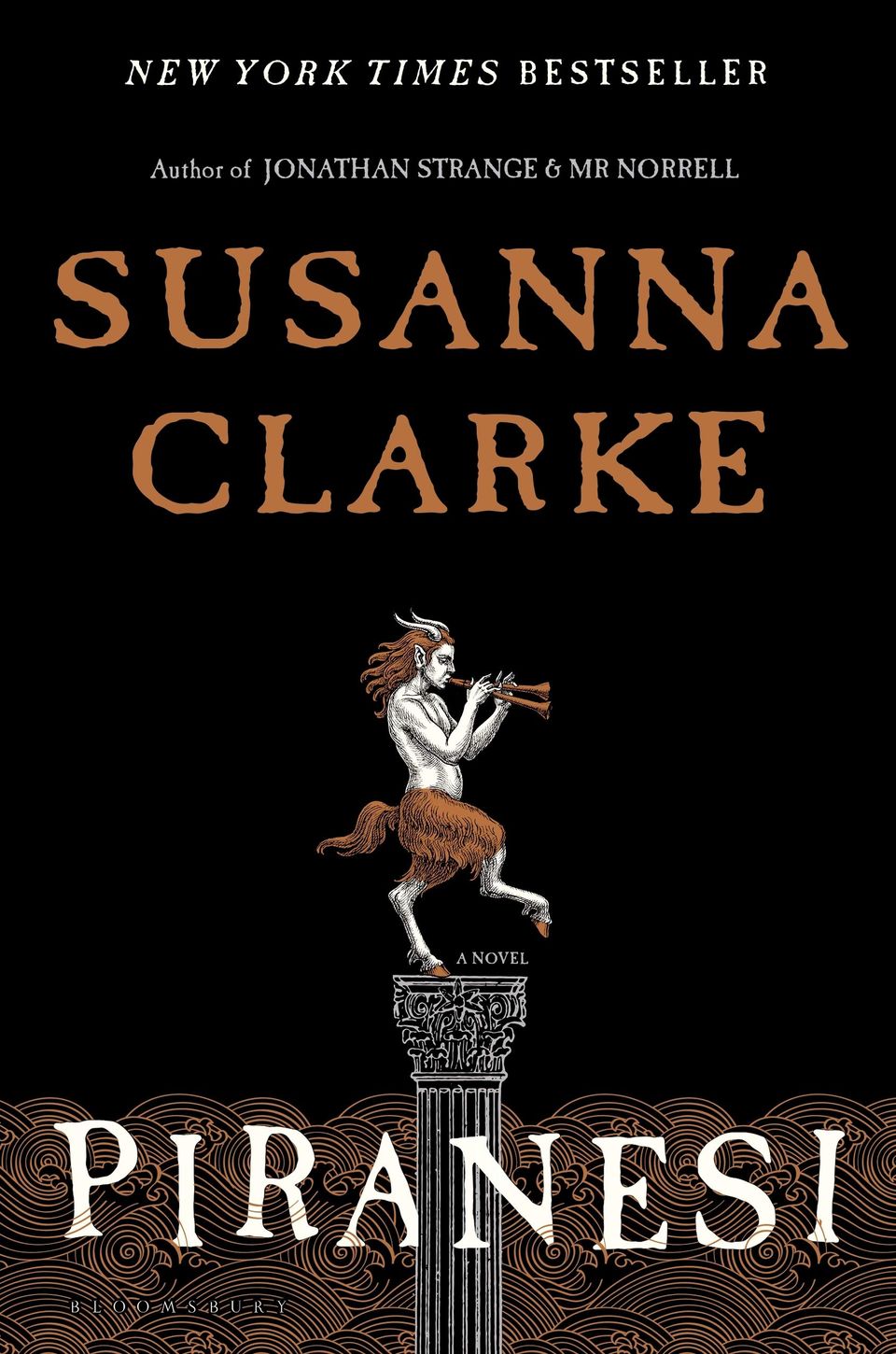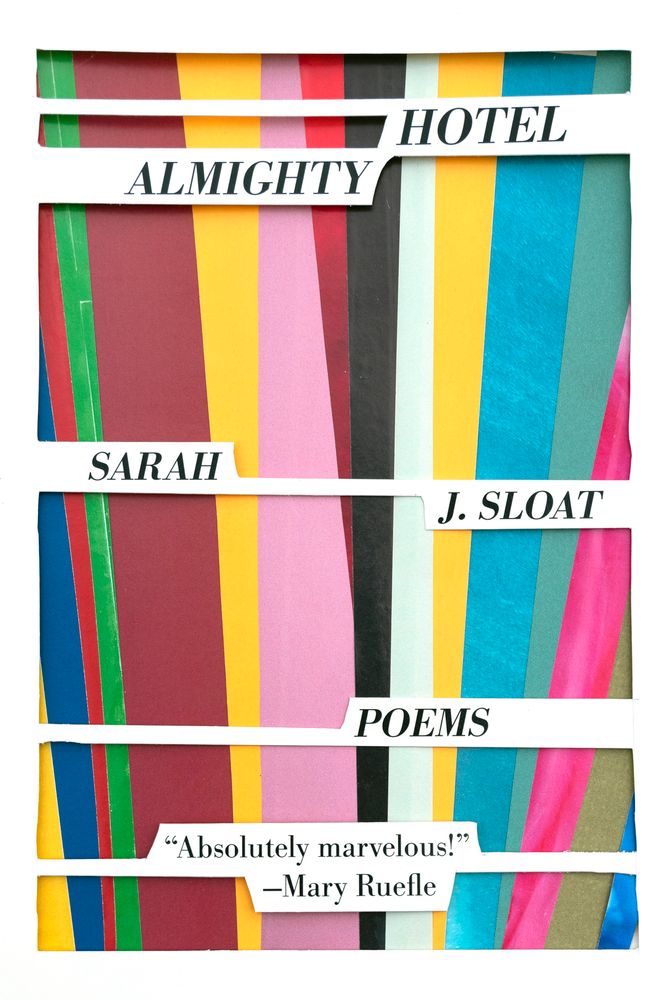Jia Tolentino’s debut essay collection, Trick Mirror: Reflections on Self-Delusion, is popular. The book hit #2 on the NYT Bestseller list the week it became eligible for that list’s measurement, and Tolentino is currently on a months-long, international book tour in an age where no writer—let alone an essayist, let alone a critic—gets a book tour anymore. Lines of people, eager to hear Tolentino speak in-person on life, love, and the internet establishment, wrap around city blocks. Sometimes the venues fill to capacity before they all get in.
Unlike many other things that are popular, Trick Mirror is good. It is so good, in fact, that fans of Tolentino’s work in The New Yorker (where she is a staff writer) and Jezebel (where she wrote one of the iconic final posts) will most likely be even more enamored of her after reading it. The book is specific and powerful. It addresses a wide array of contemporary topics with a wry mixture of dispassionate observation, academic reporting, and even the occasional moment of situation comedy. Tolentino’s voice is droll, but never dull; instinctive, but never impulsive; and her essays are structured with a studied classicist’s hand and an experimental novelist’s wit. (Tolentino has an MFA from the University of Michigan’s Creative Writing program, because everything else I’ve already mentioned wasn’t enough to have accomplished before age 30).
There is foreshadowing, characterization, and a vivid sense of scene in each essay in the collection, giving the pieces a feeling of folding in while they expand out. Reading Trick Mirror is like continually rounding the bend of a moral argument you’re having with yourself. Tolentino has been referred to as “the voice of her generation”—a distinction she pushes back against, saying “A generation has many voices, so while I am flattered, I am not taking that seriously, at all.” I would push back against that distinction, too, but for a different reason. Most of us millennials are nowhere near as capable of Tolentino’s level of intellectual honesty.
“How is it possible that so much of contemporary life feels so arbitrary and so inescapable?” Tolentino writes in “I Thee Dread,” her essay about the institution of marriage, and more precisely, her resistance to it. Unlike so many other writers who attempt to dissect modern behavior in this same vein, there is neither hysterics nor hand-wringing in her tone. Tolentino isn’t interested in incitement, or even in the tempting harangues of laying blame. What she is concerned with is piety—finding a utility, a purity even, in the constant chaos that our internet-soaked brains now function within.
We live in a time where infinite knowledge is not only a possibility; it is our reality. And what good has it done for us? We are living in, as Tolentino calls it, “a society in which the discourse of righteousness occupies far more public attention than the conditions that necessitate righteousness in the first place.” Either it is impossible to know anything for certain, or knowing is, at best, a neutral value. At worst, the knowing has escalated our helplessness and only served to amplify the “unfathomable rot” of our broken systems and the human condition itself. It is this problem that is at the root of Tolentino’s explorations, which rove over subjects like the University of Virginia rape scandal and subsequent libel case, the hamster wheel of social-media self-invention, and a critique of the #MeToo movement. Her essays concretely narrate the big stories that have defined the last five years, and then they unravel into salient, and pointed, questions of rightness and virtue. These are questions Tolentino never claims to have the answers for, but she nevertheless tackles them with something like philosophical rigor, slipping in the occasional admission to what she sees as her own moral failings.
It is this Tolentino—vivacious, ironic, dismissive of flattery and quick to self-deprecate—that people in cities all over America are lining up to see. Because unlike many things that are popular, and also good, Tolentino’s work is also acceptable to a certain demographic: people who are supposedly well-read but possibly merely pretending to be, who love their phones and love their lives but also feel intractably imprisoned for reasons they cannot quite name. Younger people robbed of the hope that should be theirs, who live in a state of purgatory where they are told that everything is wrong, yet nobody’s panic matches how bad things are. Individuals who regularly see photos of rainforests on fire or drowned refugees or kids killed with guns during first grade, who feel genuine horror and helplessness with a stunning regularity, but who continue to send each other memes and post to Twitter because their existence has been framed within the hypertext and they have accepted that there’s no way out of it.
Perhaps there never was a better way to exist than the way we exist right now. Perhaps the moral ideals we collectively aim for are simply a funhouse distortion, a warping image we could walk toward forever that in its refractions mocks us. Or, perhaps, we are still called to something better. Tolentino is still willing to wonder about it, and her status as spliff-smoking, hip-hop loving, critical darling grounds her in a sort of ephemeral suspension where her audience is primed to want to listen to her. That’s why Tolentino can out third-wave feminism’s failings, and reveal the uncomfortable dissonance she feels with the idealized female form even as she deconstructs the fitness classes she admits she still attends. She says, about the #MeToo movement, “People wrote about women ‘speaking out’ with prayerful reverence, as if speech itself could bring women freedom, as if better policies and economic redistribution and true investment from men weren’t necessary, too.(…)There was something about the hashtag itself—its design, the ways of thinking that it affirms and solidifies—that both erased the variety of women’s experiences and made it seem as if the crux of feminism was this articulation of vulnerability itself. Even as women have attempted to use #YesAllWomen and #Metoo to regain control of a narrative, these hashtags have at least partially reified the thing they’re trying to eradicate: the way that womanhood can feel like a story of loss of control.”
It is this sort of nuanced critique that modern culture writing, and late feminism in particular, is so often lacking. And it is the willingness to provide this critique that make some parts of Trick Mirror feel morally courageous. It follows, then, that the reader becomes trusting, pliable even, in the hands of these essays, willingly following Tolentino down lines of argument that they wouldn’t be inclined to go otherwise. Therein lies the true rarity, the utmost remarkable thing about this book: Here we have, in the year 2019, a bunch of essays that are meant to make you consider your own personal conscience rather than calling upon you to radicalize your nascent beliefs into protest, or rage, or despair. A book with an actual line of inquiry, that lets you draw some of your own conclusions. A stabilized grace, in the Twitter economy. Books like this are still, apparently, possible.
Tolentino twists, draws out, and distorts our understanding of modern life as she questions the utility of knowing. And she’s able to do so because she has been willing to approach these issues from the outside of them to continually undermine and expose herself as an unreliable narrator in her essays and continue on with the story anyway. (If there is anything we millennials love it is an unreliable narrator, but only if we are in on the deception. All the better if said narrators are, too.)
Tolentino credits her conservative evangelical upbringing in Texas for her ability to objectively deconstruct things. The whole essay collection seems motivated by a longing to reconcile goodness with disappointment, to balance devotion with entrapment. In the essay “Ecstasy” (part of which is excerpted here), she says, “I’ve always been glad that I grew up the way I did. [My church] trained me to feel at ease in odd, insular, extreme environments, a skill I wouldn’t give up for anything, and Christianity formed my deepest instincts: it gave me a leftist worldview, and obsession with everyday morality, an understanding of having been born into a compromised situation, and a need to continually investigate my own ideas about what it means to be good.”
Tolentino’s self-reflection comes with a refreshing lack of defensiveness: “I stood between both sides of my life, holding the lines that led to them, trying to engage with a tension that I stopped being able to feel. Eventually, without realizing it, I let one side go.” Tolentino hasn’t given us a moral rubric for uncharted century, but she has done something else—she has encouraged us to question our own impulses, while she continues to question her own. The experiences collected here are less of a useful knowing than earnest questioning—one the kind we would do well to keep directing at ourselves.
Buy Trick Mirror from our Bookshop.org storefront and support our work.
(We earn a commission from any purchases made through these affiliate links, and some of the proceeds will also go to support independent bookstores across the country.)




